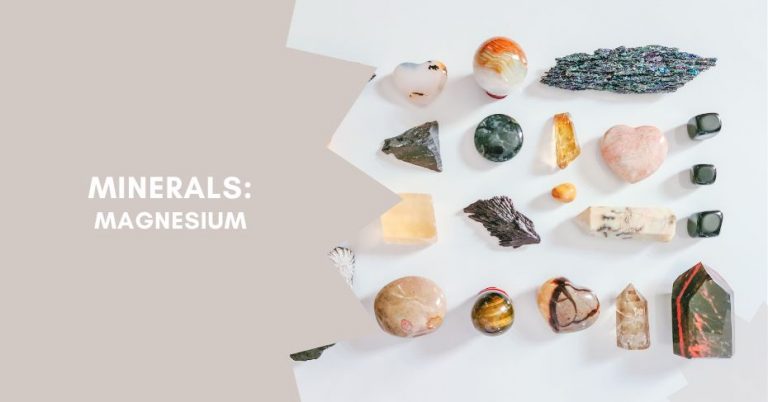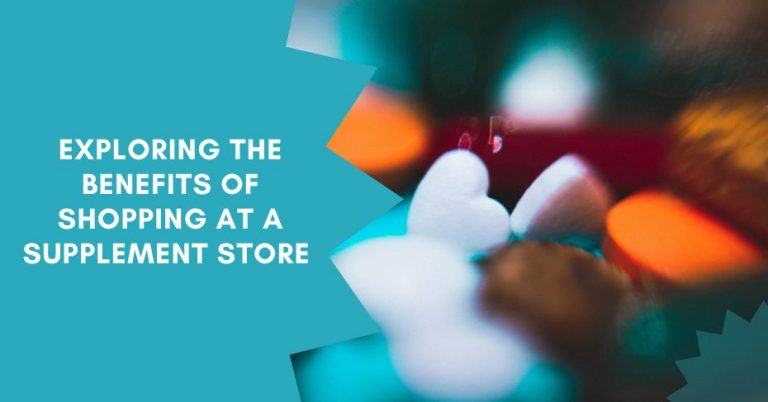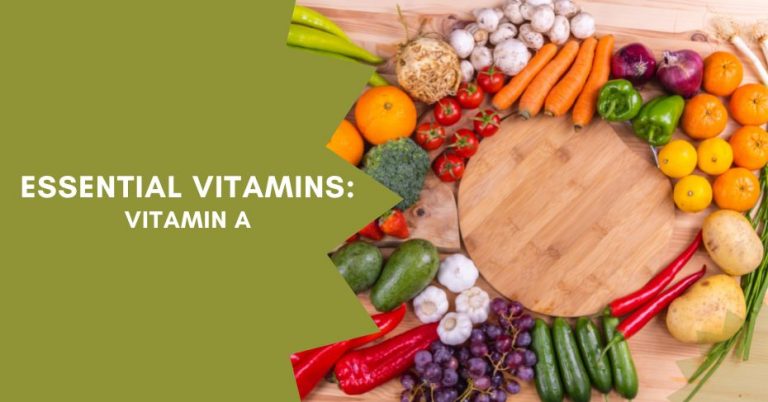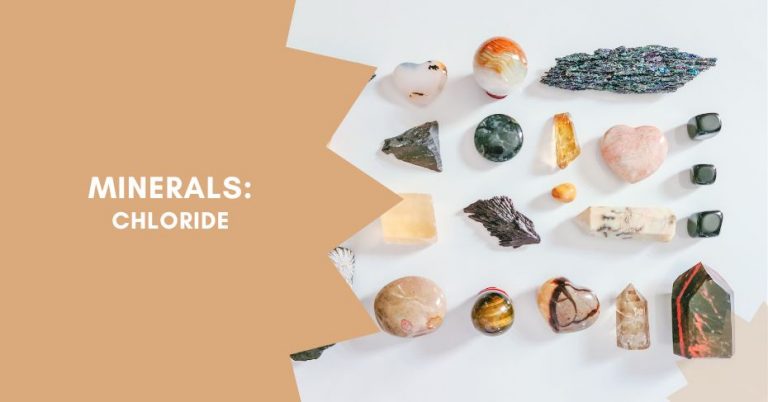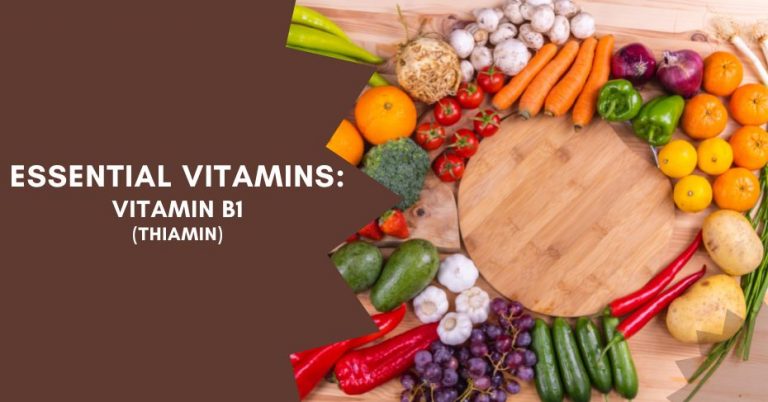Vitamin B7, otherwise known as biotin, is an essential nutrient that helps keep your body and brain functioning optimally. Without enough of this essential vitamin, you could experience a host of symptoms from fatigue to depression. Let’s take a look at why biotin is important and how to make sure you’re getting enough.
What Does Vitamin B7 Do?
Biotin plays an important role in many bodily processes, including energy metabolism and the production of fatty acids. It is also involved in the synthesis of glucose, amino acids, and fatty acids. Additionally, biotin helps break down proteins into smaller molecules so they can be used as fuel for your cells. In other words, it helps your body convert food into energy!
Biotin has also been shown to help protect against certain types of cancer and heart disease. It may also help improve skin health by reducing inflammation and promoting collagen production. Finally, biotin has been linked to stronger hair and nails due to its ability to improve keratin production.
What Are the Benefits of Vitamin B7?
The benefits of biotin include helping to maintain strong bones, healthy skin and hair, balanced blood sugar levels, improved metabolism, and better mental clarity. In addition to these benefits, biotin can also help to reduce inflammation and boost the immune system. For people with diabetes or prediabetes, taking a daily supplement of biotin can help keep blood sugar levels balanced by improving insulin sensitivity.
Biotin is especially helpful for those struggling with hair loss or brittle nails because it helps promote healthy hair growth and nail strength. It can also help improve skin conditions such as eczema or psoriasis by reducing redness and itchiness associated with these skin issues. Plus, taking biotin regularly has been shown to reduce muscle fatigue after exercise and increase overall energy levels throughout the day.
How Much Biotin Is Enough?
The recommended dietary allowance (RDA) for adults is 30 mcg per day but some studies suggest that higher doses may be beneficial for certain individuals with special needs or medical conditions. As always, any drastic changes should be discussed with a healthcare provider beforehand to ensure safety and effectiveness of treatment options. Taking too much biotin can have adverse effects on the body such as acne breakouts or rash-like symptoms on the face or neck area. If you experience any unusual side effects after taking a biotin supplement consult your doctor immediately for further advice or assistance.
How Much Vitamin B7 Do I Need?
The recommended daily allowance (RDA) for adults aged 19-50 is 30 mcg/day; however, pregnant women are advised to consume slightly more at 35 mcg/day. For adults over 50 years old, the RDA increases slightly to 45 mcg/day for both men and women. You can get biotin from a variety of sources including eggs, nuts, legumes, bananas, mushrooms, avocados and leafy greens such as spinach or kale. If you’re not getting enough from your diet alone consider taking a supplement like Vitafusion Extra Strength Biotin Gummies which contains 5000mcg per serving!
Who Should Take Biotin Supplements?
Biotin can be obtained through a balanced diet but those who may need additional amounts of this nutrient include pregnant women or those who are breastfeeding; athletes; people over age 60; individuals with digestive problems such as Crohn’s disease; vegans or vegetarians; and those taking certain medications such as antibiotics or anticonvulsants. People with these conditions should consult their doctor before supplementing with biotin since too much can be harmful.
Bottom Line
Vitamin B7 (biotin) plays an essential role in many aspects of health from energy production to cognitive functioning to skin care – making it an important part of any diet plan! As always though when considering supplements it’s best to talk to your doctor first so they can determine if you’re getting enough from your food sources or if supplementation is necessary. With proper guidance you can unlock the benefits of this vital vitamin!
